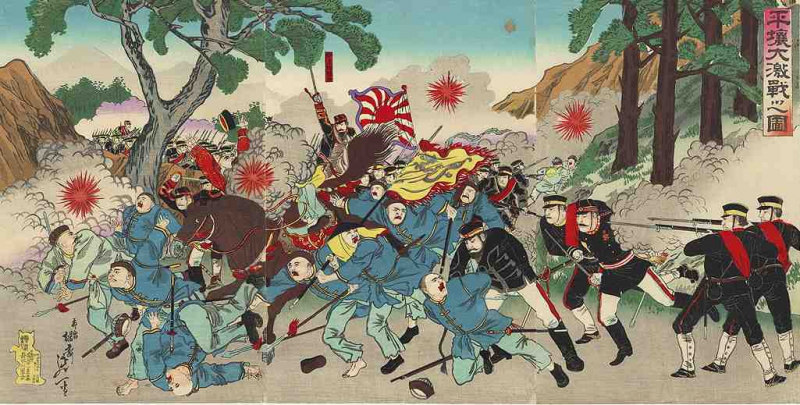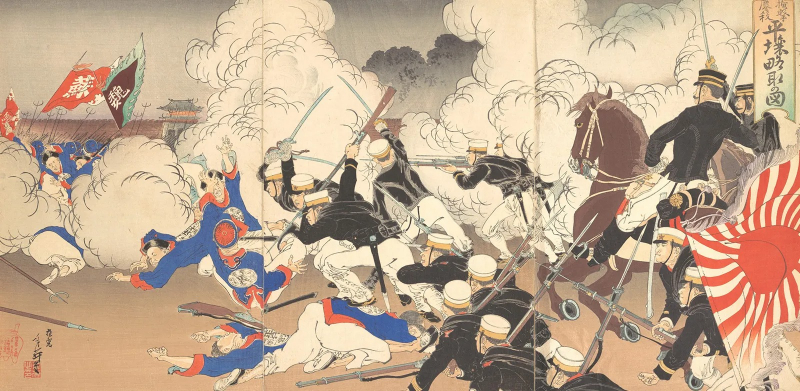The Fall of the Qing Dynasty
The Qing Dynasty lasted from 1644 to 1912 AD and was the last dynasty in China. Thus, the fall of the Qing Dynasty became the most important event in ancient China. From 1661 to 1722 AD, Emperor Kangxi of the Qing Dynasty, one of the greatest leaders of the Chinese empire, assumed the rule of the Qing dynasty and built a magnificent empire. rate. However, the dark days came in 1839 AD, with the First Opium War. At the end of the Qing Dynasty, there was a great reform, if not greedy and accepted to give up more or less, perhaps the Qing Dynasty royal family would not have to watch their empire collapse.
The fall of the Qing Dynasty, with the overthrow of the Qing Dynasty by the British, this war marked a period when China was constantly under the political influence of Japan and other Western powers. Another bloody uprising followed in 1851 AD, the Taiping Uprising. Had the Qing Dynasty been able to seize the opportunity when carrying out the above-mentioned large-scale final reform, history might have had a different ending. But because the rulers in the Qing government refused to let go of their power, which led to the end of the Qing dynasty collapsing after the Xinhai revolution.












